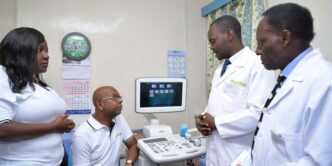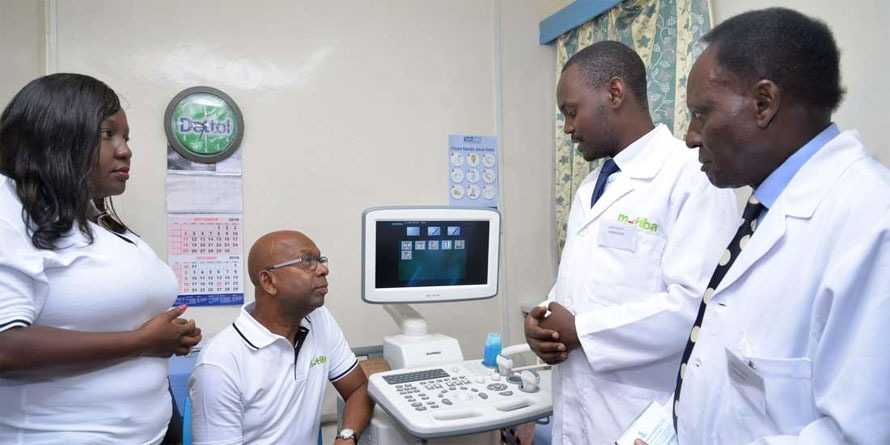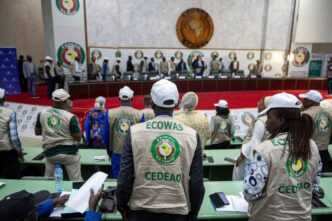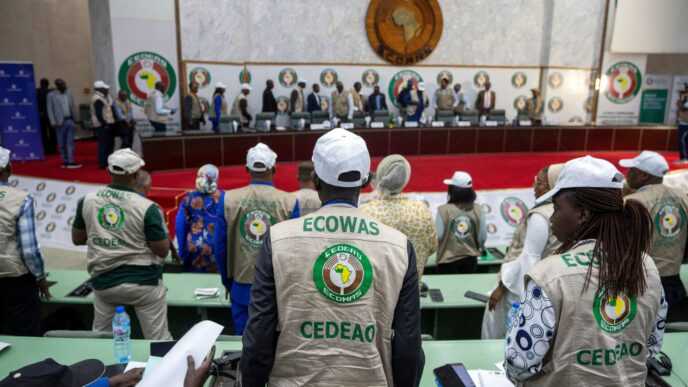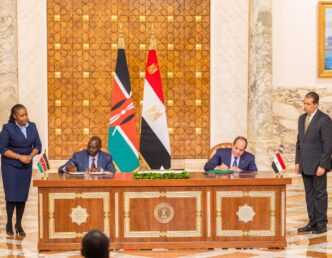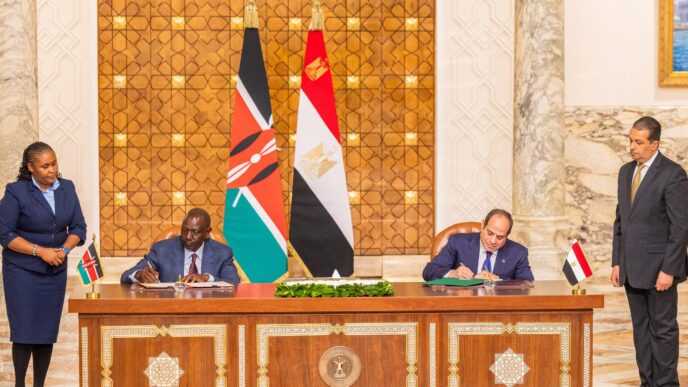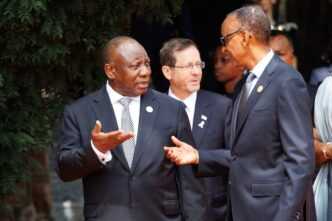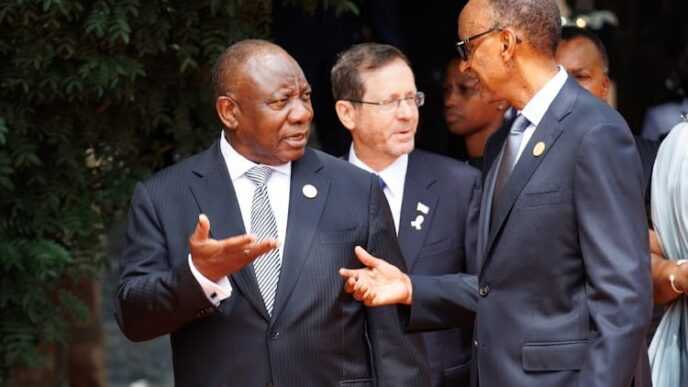Kenya braces for health funding challenges as the U.S. exits the World Health Organization, prompting exploration of new partnerships.
The recent decision by the United States to withdraw from the World Health Organization (WHO) has sent ripples through global health communities, with Kenya poised to feel significant impacts. As the WHO’s largest donor, the U.S. contributes approximately 18% of the organization’s funding. This departure raises concerns about potential disruptions to health programs in Kenya and across Africa.
Kenya’s Ministry of Health has expressed apprehension regarding the U.S. exit, highlighting potential vulnerabilities in the nation’s healthcare system. Programs targeting HIV/AIDS, tuberculosis, malaria, and maternal health, many of which rely on WHO support, may face funding shortfalls. The Ministry emphasized that the absence of U.S. contributions could weaken global efforts to manage pandemics, potentially delaying outbreak responses in Kenya and the broader East African region.
In response to these challenges, Kenya is proactively seeking alternative partnerships to mitigate the anticipated funding gaps. Dr. Patrick Amoth, the Director General of Health, stated, “Kenya is bolstering its health resilience through regional partnerships, increased domestic investments, and public-private collaborations.” These initiatives aim to secure health equity and sustain quality care for all Kenyans.
The U.S. withdrawal also poses risks to Kenya’s access to affordable vaccines through initiatives like COVAX and may slow progress toward Universal Health Coverage due to reduced expertise, training, and funding. Additionally, there is concern that diminished U.S. involvement could allow other global powers to influence WHO priorities, potentially affecting Kenya’s focus within the organization.
As the global health landscape shifts, Kenya’s efforts to establish new health partnerships and strengthen internal capacities will be crucial. The nation’s proactive stance aims to ensure that, despite international uncertainties, the health and well-being of its citizens remain a top priority.
Latest Posts;
